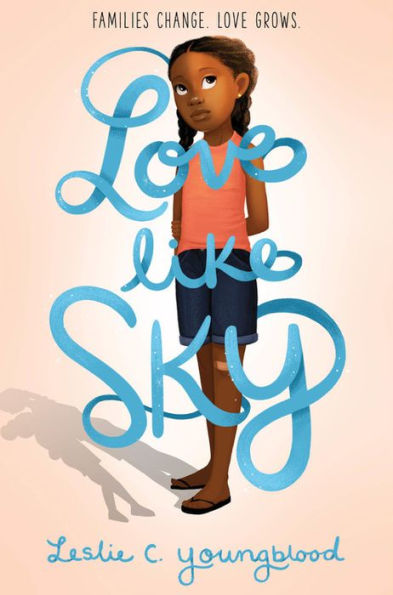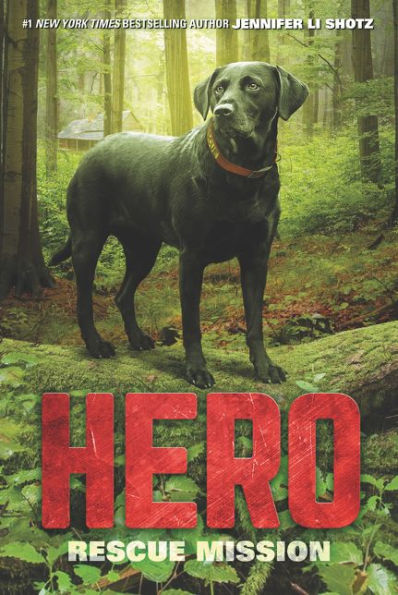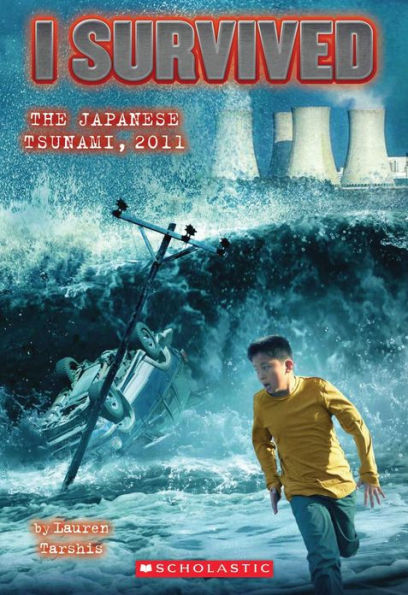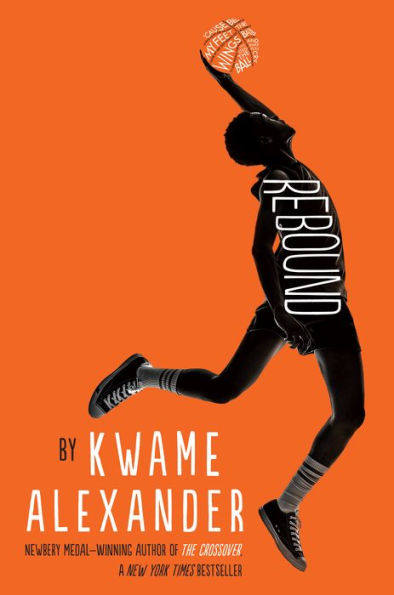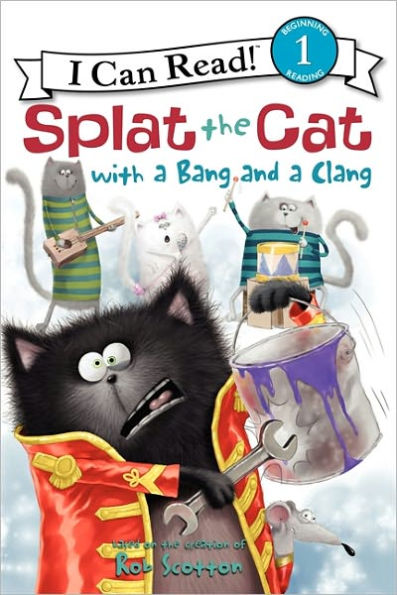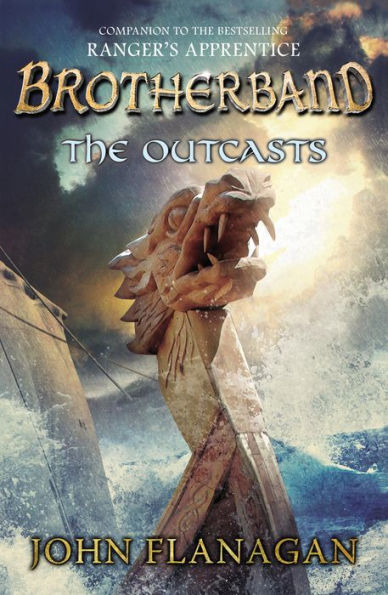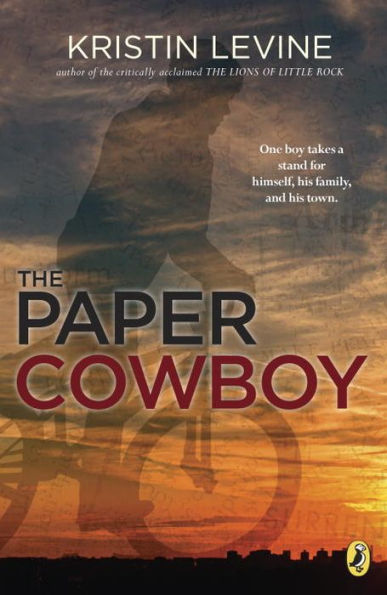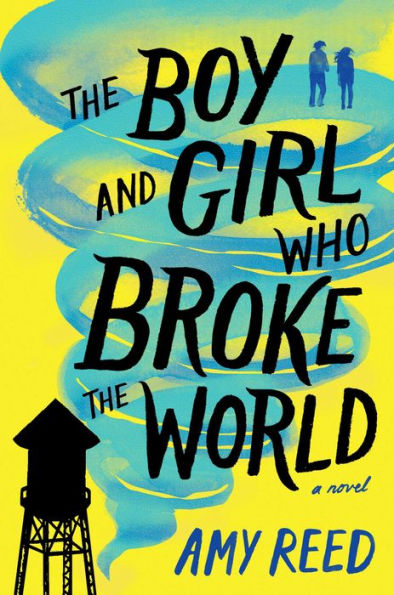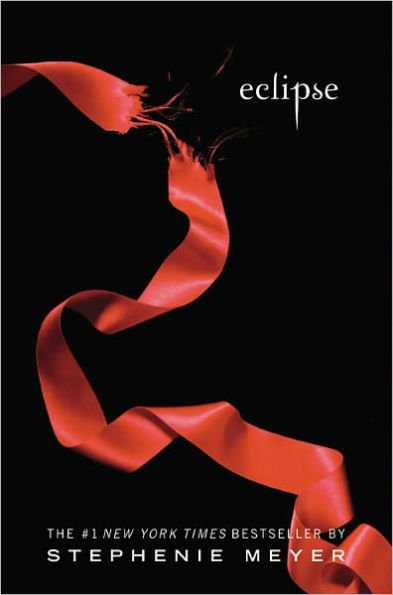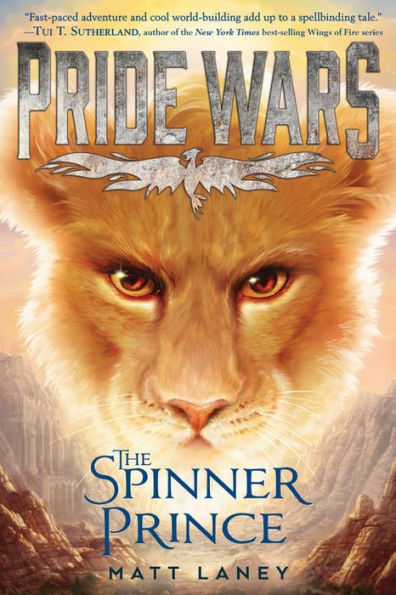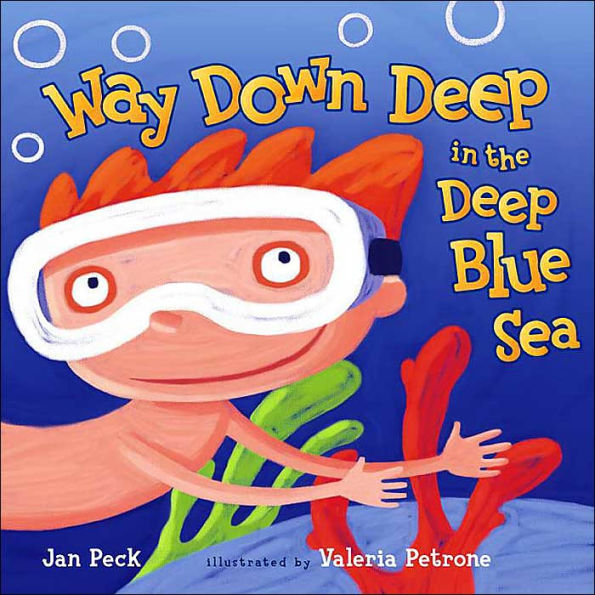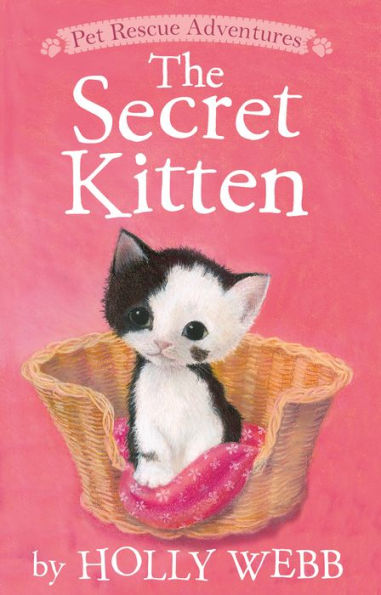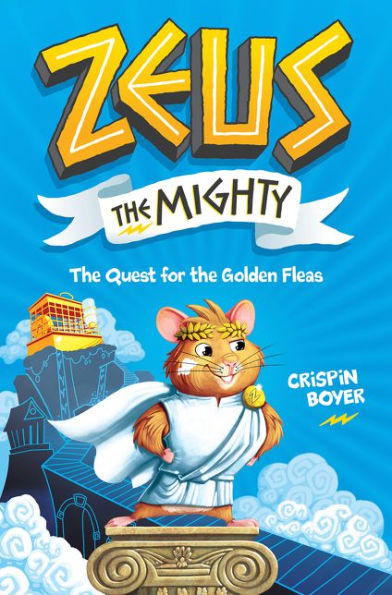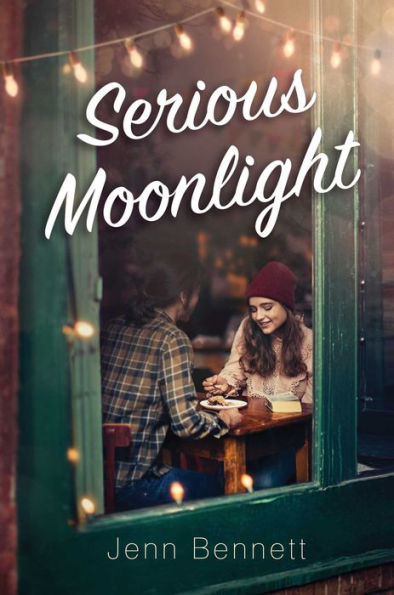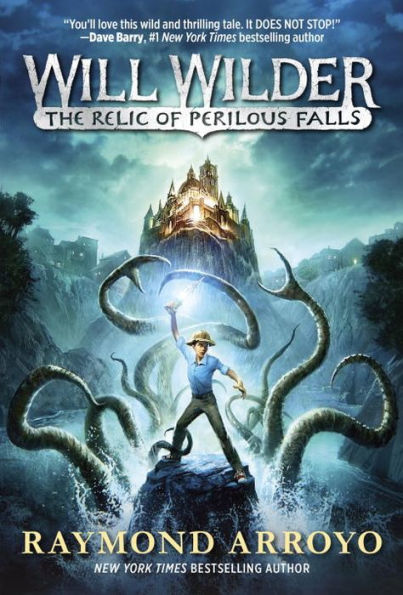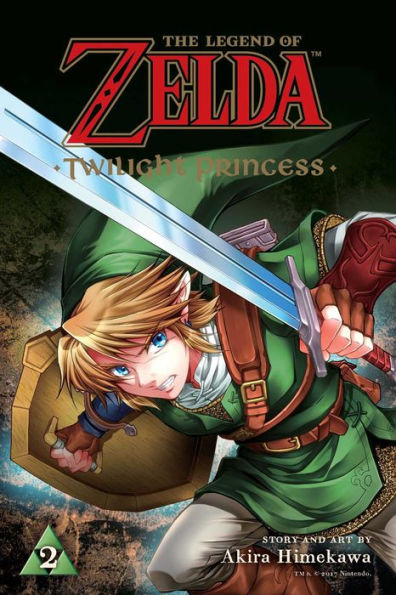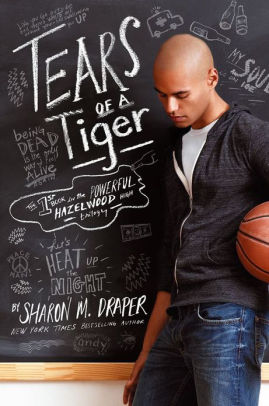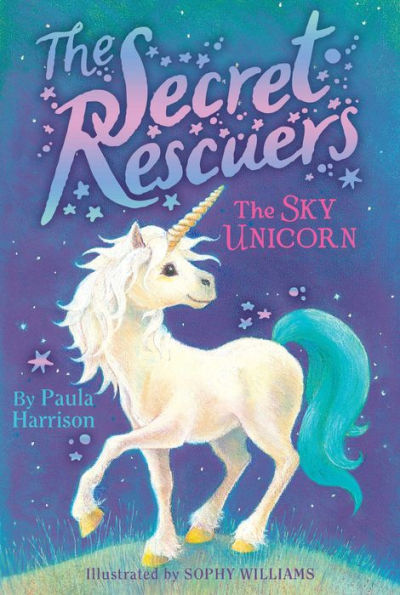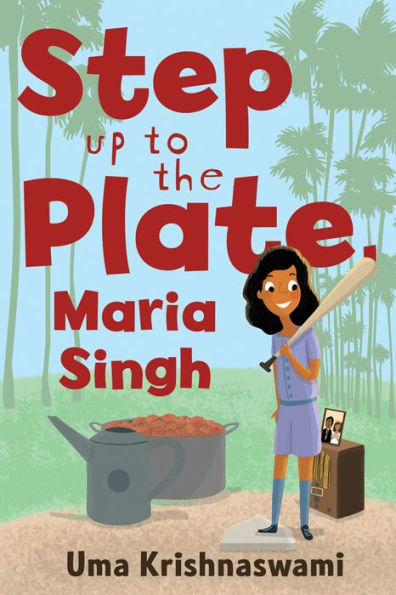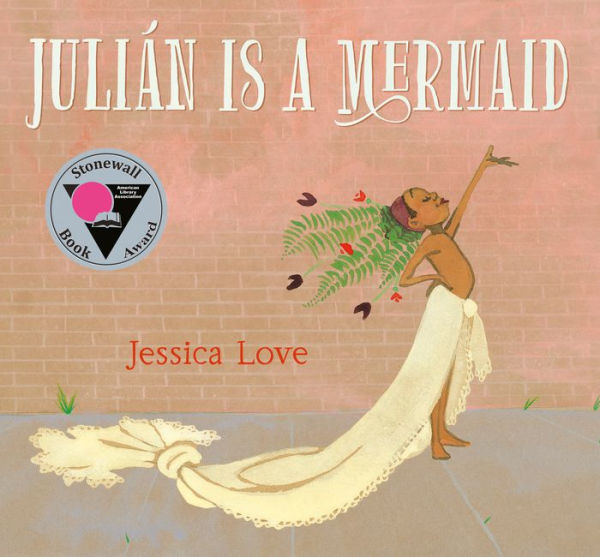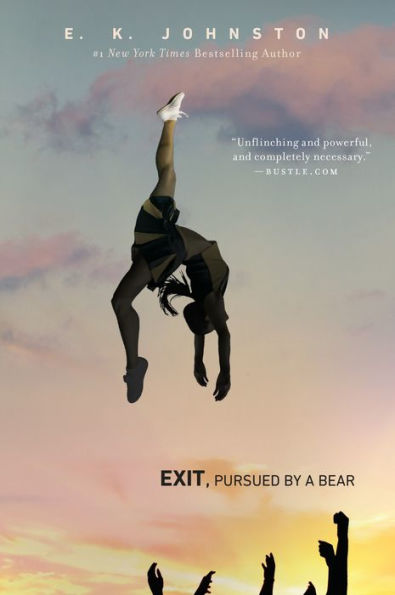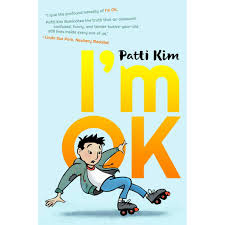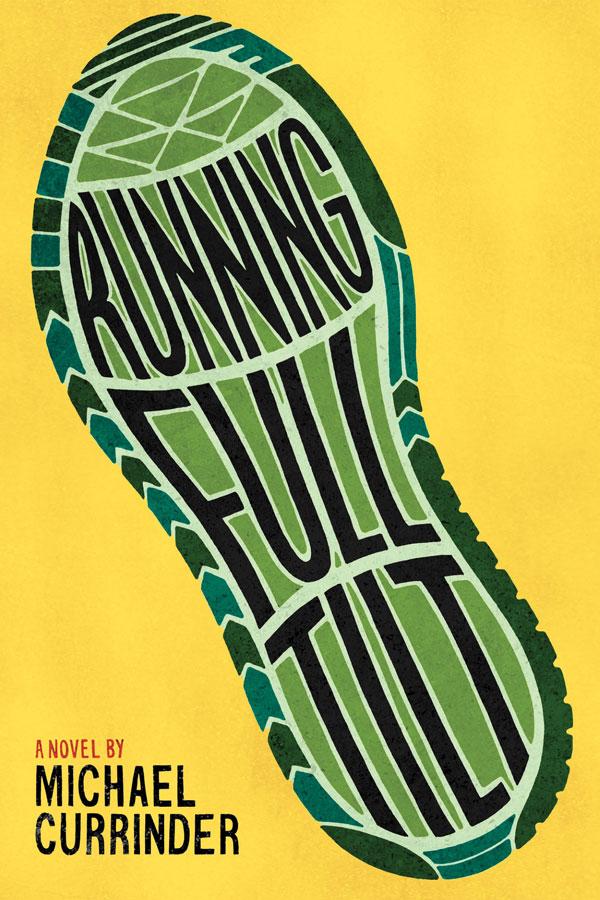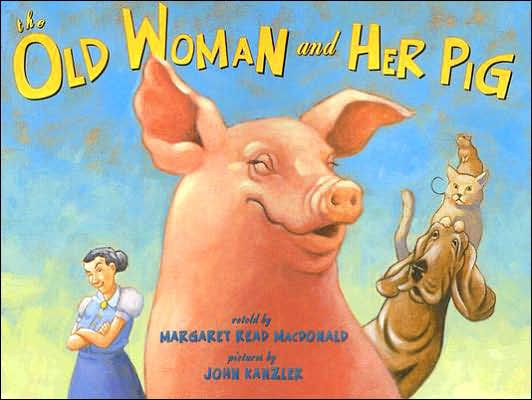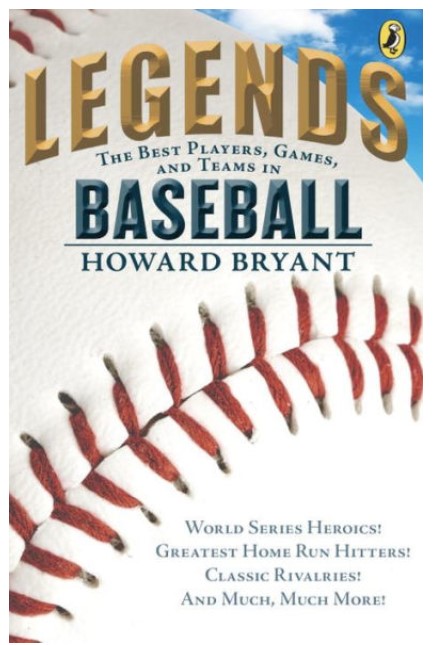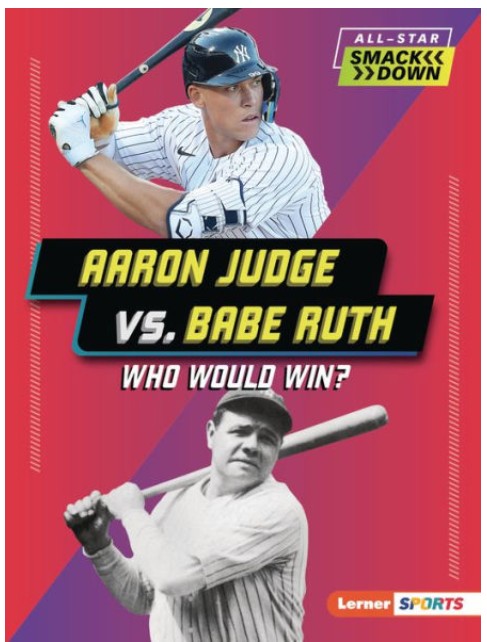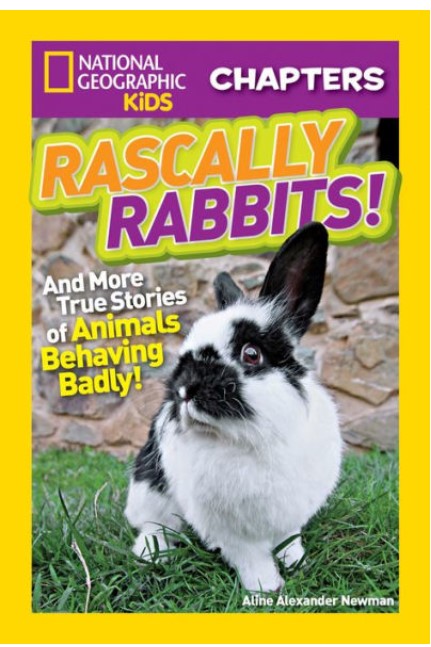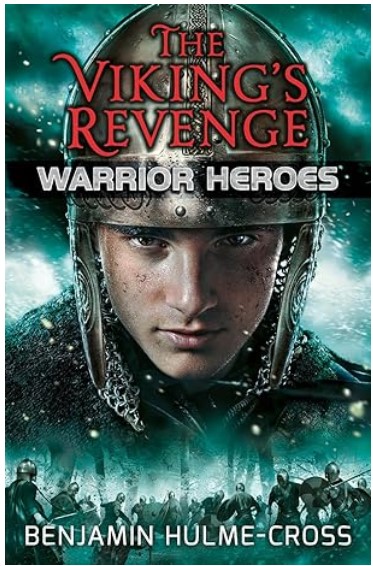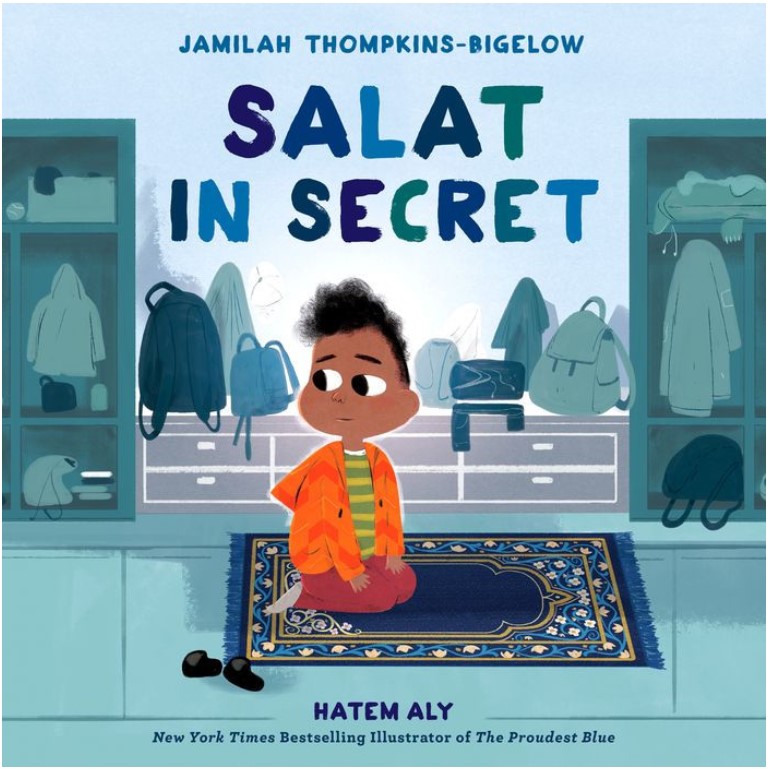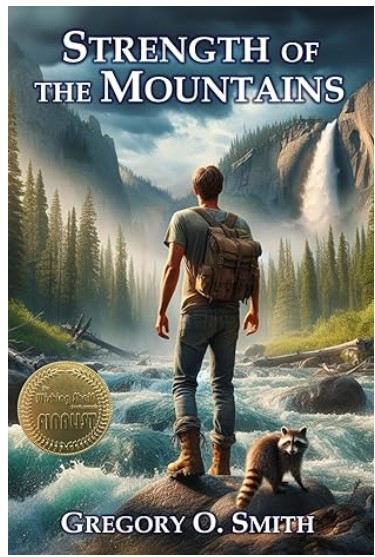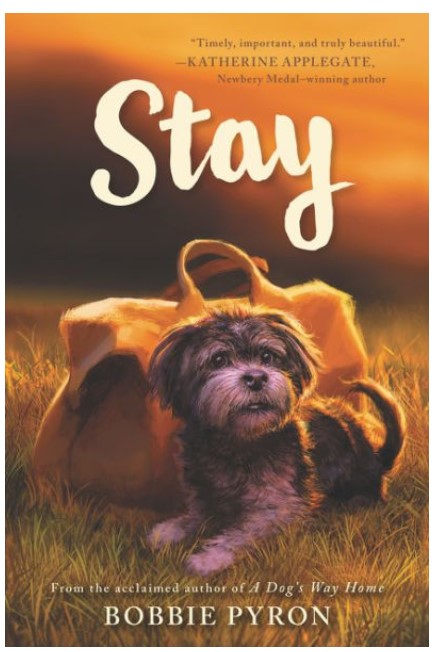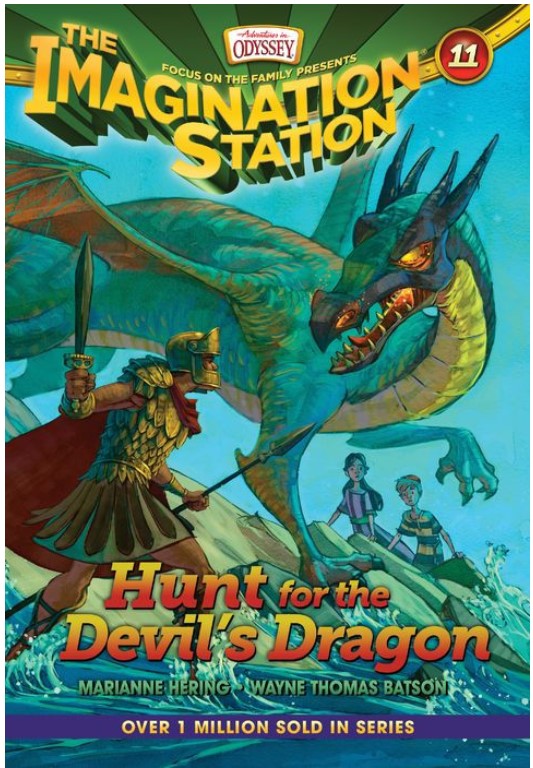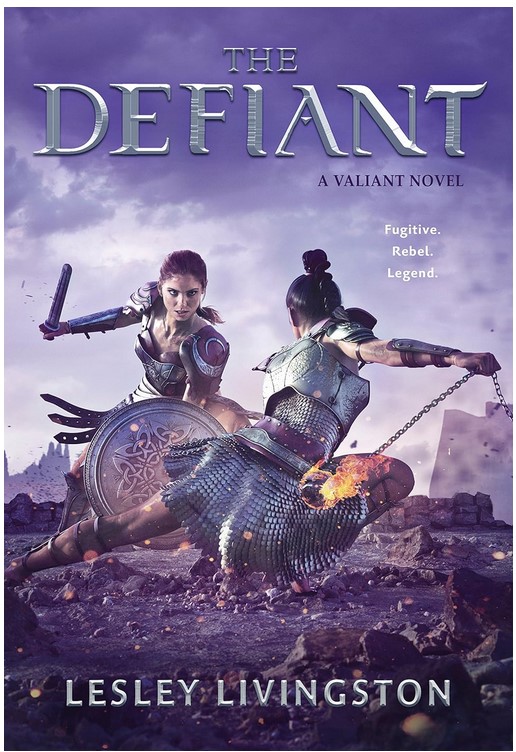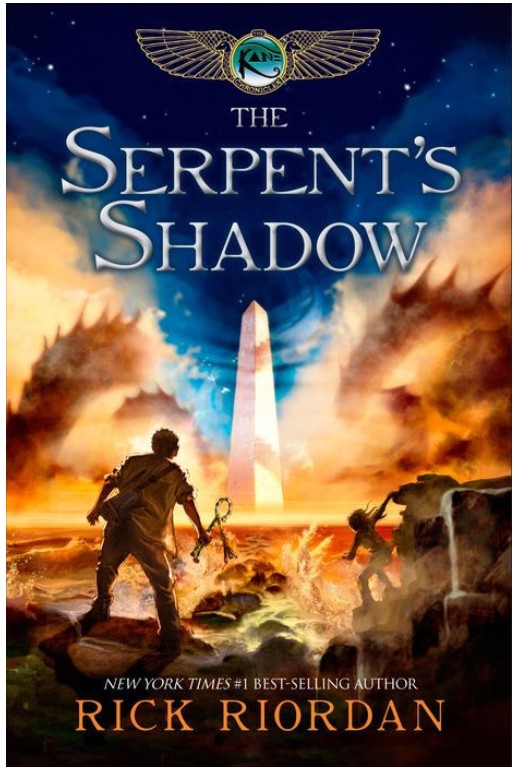G-baby and her younger sister, Peaches, are still getting used to their “blended-up” family. They live with Mama and Frank out in the suburbs, and they haven’t seen their real daddy much since he married Millicent. G-baby misses her best friend back in Atlanta and is crushed that her glamorous new stepsister, Tangie, wants nothing to do with her.
G-baby is so preoccupied with earning Tangie’s approval that she isn’t there for her own litter sister when she needs her most. Peaches gets sick—really sick. Suddenly, Mama and Daddy are arguing like they did before the divorce, and even the doctors in the hospital don’t know how to help Peaches get better.
It’s up to G-baby to make things right. She knows Peaches can be strong again if she can only see that their family’s love for her is really like sky.
Youngblood creates a cast of realistic characters and tackles themes that are relevant. The story is told from G-baby’s point of view, and many readers will relate to G-baby’s difficulty figuring out how to navigate life in a blended family. G-baby has an array of feelings that often interfere with her ability to think logically. Instead, she is often overcome by anger and guilt. For instance, G-baby clearly loves her little sister, Peaches; however, when Peaches gets sick, G-baby feels guilty for not treating Peaches better.
Love Like Sky tackles many themes, including death, divorce, stepparents, racial inequality, peaceful protest, police brutality, growing up, and more. The story’s many themes are undeveloped and often do not feel like a natural part of the story. The story gives some examples of police brutality, but all of the events are relayed to G-baby. This allows the content to be appropriate for middle school readers. Love Like Sky’s many themes may spark readers’ interest in learning more about each topic.
The story’s main conflict is G-baby’s changing family. Throughout the story, G-baby discovers that even though her family may argue, they will always support each other to the best of their ability in the end. Despite the positive message, G-baby is not necessarily a likable character because she is sneaky, self-centered, and mean to those around her. When G-baby interacts with her best friend Nikki, the two spend so much time arguing, keeping secrets, and being snarky that it is difficult to understand why they are friends. Another negative aspect of the story is that Nikki, G-baby, and her stepsister all take unnecessary risks, like sneaking out of the house, that could have dire consequences. Instead of having to fess up to their parents, other people cover for their misbehavior.
Love Like Sky’s suspense revolves around G-baby’s conflict with her family and friends. While middle school readers will understand G-baby’s conflict, they may wish for more action. The story’s many topics and characters make Love Like Sky appropriate for strong readers. Readers interested in learning more about racial injustice should add A Good Kind of Trouble by Lisa Moore Ramée to their must-read list. Caterpillar Summer by Gillian McDunn is perfect for readers looking for an entertaining story about family relationships.
Sexual Content
- G-baby doesn’t want to talk to her mom about “how to kiss a boy, or when it’s time to sneak a few cotton balls into my bra.”
- G-baby’s stepsister has a boyfriend. G-baby thinks, “I know why Frank called the college boy ‘an octopus,’ and it wasn’t good. He might be like that one boy at my old school who got sent to the principal’s office for pinching girls on the behind.”
- G-baby was spying on her stepsister when she “heard whispering and then…smacking. Loud smacking. Kissing.”
- When G-baby’s stepfather leaves the house, he “kissed Mama’s lips and both cheeks… Mama walked to the door and kissed him again. A loud smack like Tangie and Marshall.”
- G-baby’s best friend tells her, “I bet Tangie kisses boys. Just like you and your boyfriend.” G-baby gets upset because she has never kissed a boy and doesn’t have a boyfriend.
- G-baby’s friend Kevin kisses her. She “felt his lips on my cheek like a buzzing bee had landed on it… I stood there with my hand on my cheek, like the kiss was gonna fly away.”
- G-baby’s stepsister, Tangie, talks about her first kiss, which happened when she was 13. “One day he walked me to the porch. And I kinda knew it was coming because I closed my eyes… It lasted about five seconds. When it was over, he ran down the stairs… Neither one of use knew what we were doing. It was okay.”
Violence
- When G-baby’s mother sees news stories on TV about Michael Brown, who was shot by a police officer, she says, “Bless his mama, Lord. Bless his mama.”
- Tangie wants to go to a protest for Roderick Thomas. She says, “A boy at Marshall’s school got beat up pretty bad. Roderick Thomas. Busted lip. Black eye. Police stopped Roderick on his way home from a friend’s house…”
- When Tangie goes to the protest, “the police told us to leave. Marshall’s roommate started shouting. Others joined in. Next thing I know, Marshall’s roommate was on the ground. When Marshall spoke up, they put him in cuffs, too.”
Drugs and Alcohol
- One of the character’s moms is a drunk. The character is talked about several times but never appears in the story.
Language
- Darn is used three times.
- Dang is used four times. For example, G-baby says that her stepmother can’t cook worth a dang.
- “Oh my God” is used as an exclamation twice.
- Lord is used as an exclamation once.
- Tangie calls G-baby a “snoop tattler.”
- When G-baby swears to God, she thinks, “Grandma Sugar was about to strike me for using the Lord’s name in vain.”
- One of G-baby’s friends says, “No shit Sherlock” one time.
Supernatural
- None
Spiritual Content
- When G-baby’s mother sees news stories on TV about Michael Brown, who was shot by a police officer, she says, “Bless his mama, Lord. Bless his mama.”
- Tangie’s little sister was killed in a car accident. G-baby’s mom says, “Some hurt only God Himself can heal.”
- When Peaches gets sick, G-baby prays, “God, I know I want a big sister, but Peaches is the best little sister in the world. Please, don’t let her die like Tangie’s little sister. I’ll do anything to make Peaches better, anything.”
- G-baby prays. “Dear God, I’m so sorry for not being a better big sister. Please keep making Peaches better and don’t let her fall out of Your hands…”
- G-baby’s best friend, Nikki, takes off. When she can’t be found, G-baby prays. “Oh, God. Please, please… don’t let my best friend be an Amber Alert.” When Nikki is found, G-baby thanks God.
- When Peaches is moved out of ICU, someone says, “Thank the Lord.”
- When G-baby lies, she “mentally asked God for forgiveness.”
